The distinct economic processes underlying what is commonly called globalisation include expansion of international trade in goods and services, freer flow of technology, enhanced flow of foreign direct investment, freer movement of persons across national boundaries, and development of international institutions of governance suited to the globalised world. The forces of globalisation affect virtually every country in the world. All spheres of life–economic, social, cultural and political–have been subjected to both its positive and negative elements. In India the move towards globalisation and free trade coincided with the process of structural reforms and economic liberalisation that began in July 1991. Since then the country has seen a significant integration of markets in commodities, services, finance and technology with other countries. Economic liberalisation has paved way for rapid technological progress for India while globalisation has given its young talent vast employment opportunities in America, Europe and elsewhere. Today, India has become a big market for multinational giants. There is hardly a big-name company that is not outsourcing to India. The country has developed several hubs of computer software engineering, information technology-enabled services, business process outsourcing, research and development, pharmaceuticals and telecommunication. Indeed, globalisation and liberalisation have brought new opportunities to our country in trade, business, services and employment. The volume has wide coverage on major issues and concerns for India in the context of globalisation including the key issues of reform, structural adjustments, global governance and framing of right policies in the emerging scenario. The papers closely examine important implications of liberalisation and globalisation and the measures taken by the government in recent years to draw maximum benefits and avoid possible fallouts. The book will prove highly beneficial to researchers and students of economics, businessmen, government executives, parliamentarians and legislators concerned with the formulation and execution of economic policies. General readers interested in knowing about the changes that are taking place in the Indian economy shall also find it useful.
Liberalisation and Globalisation of Indian Economy (Volume VII)
by K R Gupta
$45.00
$50.00
In stock
Free & Quick Delivery Worldwide
All orders amounting to US$ 50 or more qualify for Free Delivery Worldwide. For orders less than US$ 50, we offer Standard Delivery at $14 per book.
ABOUT THE AUTHOR K R Gupta
Dr. K.R. Gupta is a well-known expert in the field of International Affairs. He has published over two dozen books and more than hundred papers in leading journals published in India and abroad. His latest publications include India-Pakistan Relations with special Reference to Kashmir, 3 Vols., Rural Development in India, 3 Vols., International Terrorism: World Viewpoints: Conventions, Resolutions, Legislations, Terrorist Organisations and Terrorists, 2 Vol., International Terrorism: Response of India, Pakistan and the United States, World Viewpoints on National Missile Defence, 2 Vols., Selected Documents on Nuclear Disarmament, 4 Vols., Comprehensive Nuclear-Test-Ban Treaty (CTBT), Issues in Indian Economy, 4 Vols., Liberalisation and Globalisation of Indian Economy, 5 Vols., A Study of World Trade Organisation, GATT Accord and India: A Critical Analysis of Results of the Uruguay Round of Multilateral Trade Negotiations and Their Implications for India, GATT Accord: Results of the Uruguay Round of Multilateral Trade Negotiations, GATT and Underdeveloped Countries: A Study of the General Agreement on Tariffs and Trade and International Economics.
reviews
0 in total
Review by Anonymous
Be the first to review “Liberalisation and Globalisation of Indian Economy (Volume VII)” Cancel reply
You must be logged in to post a review.
Bibliographic information
Title
Liberalisation and Globalisation of Indian Economy (Volume VII)
Author
Edition
1st ed.
Publisher
ISBN
8126909438
Length
viii+304p., Tables
Subjects
more by K R Gupta see more
similar bookssee more
Employment Problems and the Economy: A Case Study of Manipur
Productive employment of the ...
$48.60
$54.00

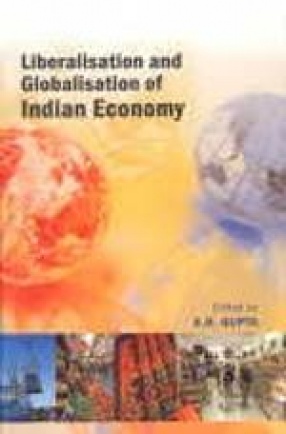
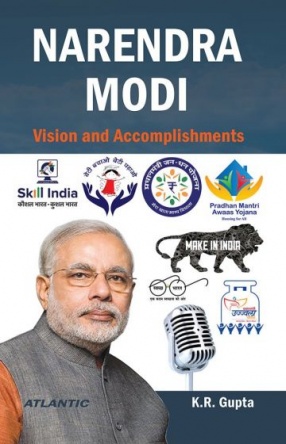
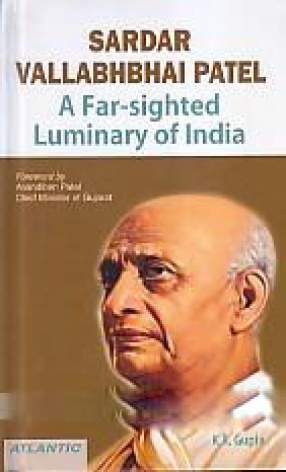
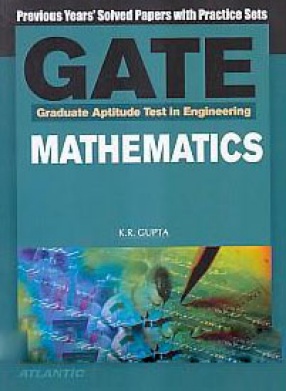

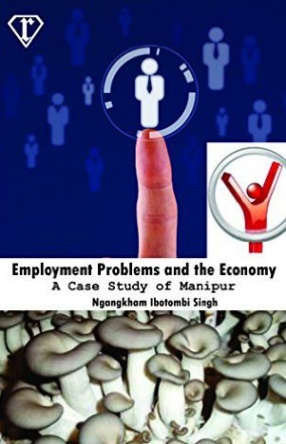
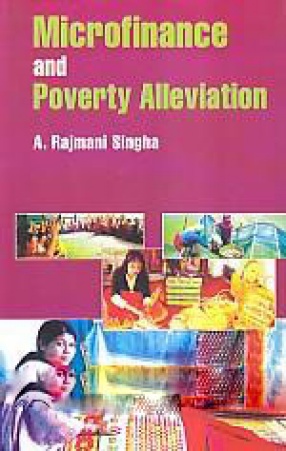
There are no reviews yet.